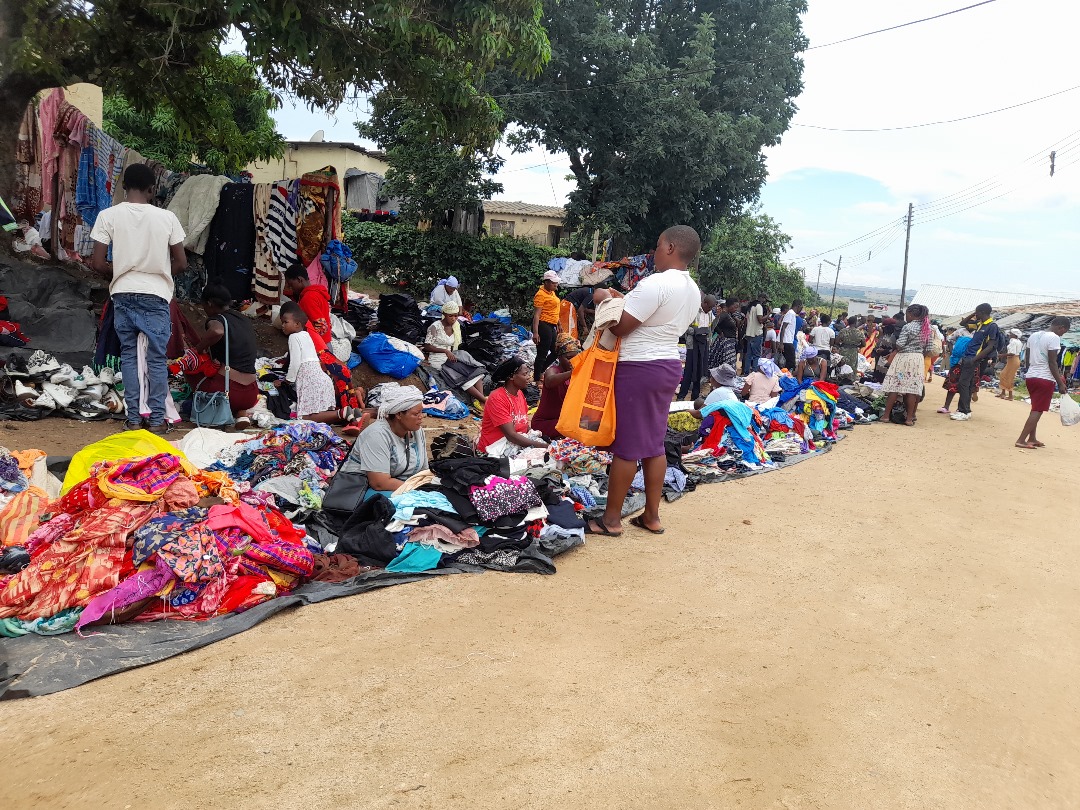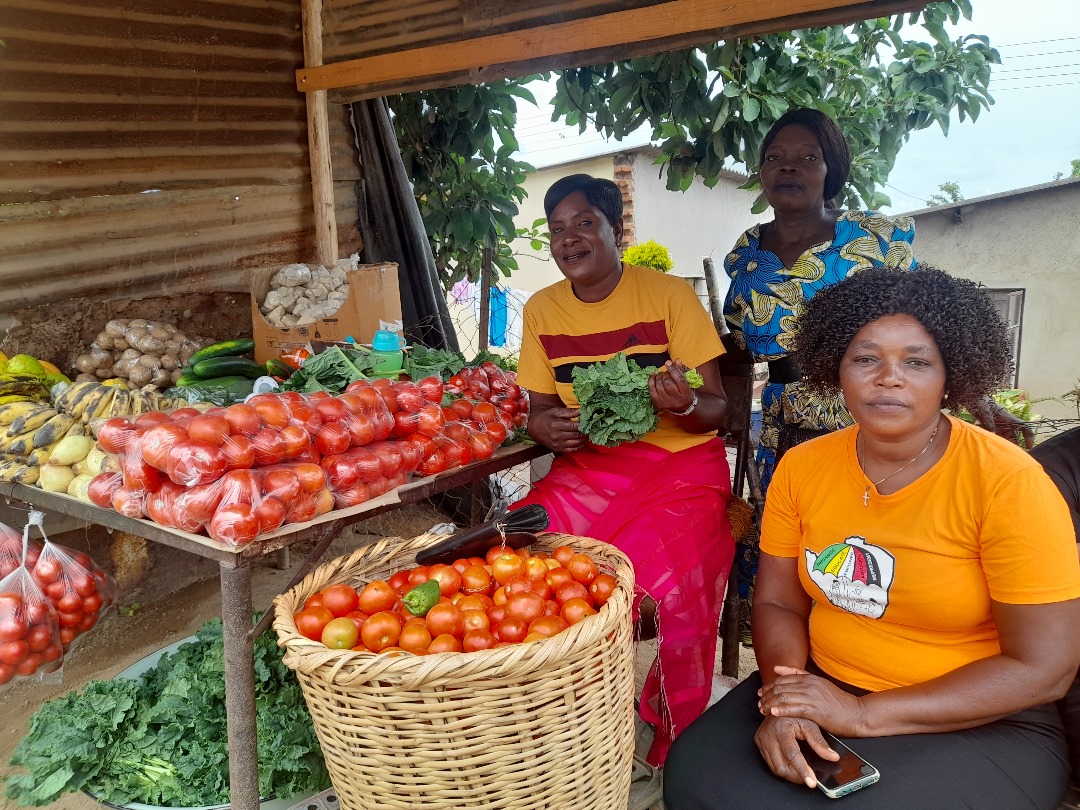Subscribe to our E-Letter!
Subscribe to our e-mail and stay up-to-date with news and resources from street vendors around the world.
Article by Nancy Likiripa, Regional Communicator.
In Zimbabwe, informal economy workers, particularly street and market vendors, constitute a significant portion of the workforce, contributing approximately 64.1% to the country’s GDP Despite their economic importance, these workers face systemic harassment and marginalization, often from law enforcement and local authorities. Street vending has become a vital livelihood for many individuals, especially in urban areas where formal employment opportunities are scarce.

Vendors frequently encounter numerous challenges, including regulatory crackdowns. Local authorities often implement regulations that result in the harassment and eviction of street vendors. These actions are typically justified by concerns regarding public safety, urban planning, and cleanliness. Additionally, the treatment of street vendors is influenced by political factors, such as shifting power dynamics within local governments. Vendors may be used as political pawns in broader struggles between opposing factions. Such actions contributed to significant human rights violations, particularly concerning the treatment of vendors, which often involves violence, harassment, and a lack of due process during evictions.
In March 2025, the government of Zimbabwe issued a 48-hour ultimatum to all street vendors, declaring them illegal and demanding their immediate removal from urban streets. This abrupt mandate has particularly affected women, who comprise the largest segment of the vendor population in Zimbabwe.
Vendors frequently report that their goods are confiscated and that they endure verbal and physical abuse from law enforcement officials. “Our goods are being confiscated by the city council together with the Zimbabwe Republic Police. Sometimes, when they try to take our goods, we have to run for our lives as they collect the items.”
A woman street vendor and a member of ZCIEA from Masvingo, who preferred to be anonymous, said, “We have been trying to engage and negotiate with our local authorities, but the response has been very slow. Still, we remain hopeful that one day, something will be done,” she said.

The Zimbabwe Chamber of Informal Economy Associations (ZCIEA), established in 2002, has been at the forefront of advocating for the rights of informal economy workers. In response to the challenges faced by these workers, ZCIEA has initiated several programs aimed at addressing harassment, advocating for the rights of vendors, and seeking more inclusive policies that recognize the significance of street vending as a legitimate economic activity, Notably the Paralegal Manual was launched in July 2024, empowering informal economy workers with knowledge about their legal rights and procedures.
“Since 2008, ZCIEA has engaged in various forms of outreach to empower our members on how to communicate and negotiate with local authorities regarding issues of harassment,” said Wisborn Malaya, the Secretary General of the Zimbabwe Chamber of Informal Economy Associations, during a telephonic interview where he shared some of the actions ZCIEA has taken as mitigation measures against harassment toward street vendors. The ZCIEA Secretary General added that, with support from Streetnet International, ZCIEA members have received training in negotiation skills to equip them with effective strategies when engaging their local authorities.

Through strategic engagements, ZCIEA has negotiated with 19 local authorities to establish collective agreements that recognize public spaces as legitimate workplaces. This approach, grounded in ILO Recommendation 204 of 2015, seeks to formalize the informal economy and provide vendors with improved protections and rights. According to Wisborn Malaya, ZCIEA has been advocating for this formalization strategy, which has been implemented by the government of Zimbabwe since 2022, and the strategy has been moved to the Cabinet for further action. This initiative not only empowers vendors but also contributes to the overall development of the urban economy.
Recognizing the challenges faced by women in the informal economy, ZCIEA organized a women-only social gathering in 2024 to create a safe space for women leaders to share their experiences, challenges, and successes. The event emphasized self-care, mental health and addressed the pervasive issue of violence confronting women in the informal sector, as this disrupts their livelihoods.
In his closing words, Wisborn Malaya said, “As informal economy workers, let us unite and continue to focus on speaking with one voice. Let us push for recognition; one day we will be heard, and we will conquer”.
“The harassment of informal economy workers in Zimbabwe remains a pressing issue that significantly impacts their livelihoods and well-being. ZCIEA plays a crucial role in advocating for the rights of these workers, equipping them with the necessary tools and support to navigate legal challenges and enhance their working conditions. Through initiatives focused on legal empowerment, collective bargaining, and targeted support for women, ZCIEA continues to foster a more inclusive and equitable environment for informal economy workers in Zimbabwe.

By entering your personal data and clicking “Suscribe,” you agree that this form will be processed in accordance with our privacy policy. If you checked one of the boxes above, you also agree to receive updates from the StreetNet International about our work